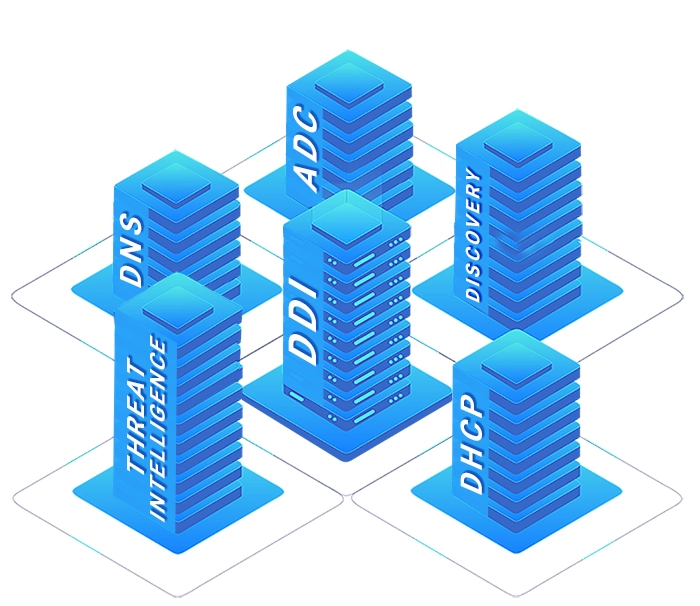Discover how our REST APIs are revolutionizing network
automation. Our cutting-edge technology is designed to help
organizations develop intelligent clouds with robust network
automation capabilities. As infrastructure and operations leaders
face challenges with legacy solutions, our REST API offers a
modern solution that enables process and configuration agility while
ensuring compliance. Legacy network configuration and change
management tools have been the norm, but newer virtual network
configuration automation solutions have gained ground in recent
times. Organizations are looking to catch up with the technology and
adopt software-defined networking. However, automating existing
network infrastructure for DNS and DHCP using outdated APIs and
insecure methods, such as weak ciphers and plain text passwords,
compromise security in mission-critical organizations. Additionally,
developing automation using insecure methods can cause organizations
to fall out of compliance with corporate and government policies,
auditing standards, and regulations.









